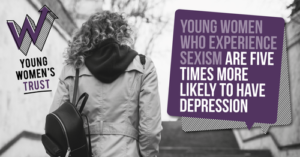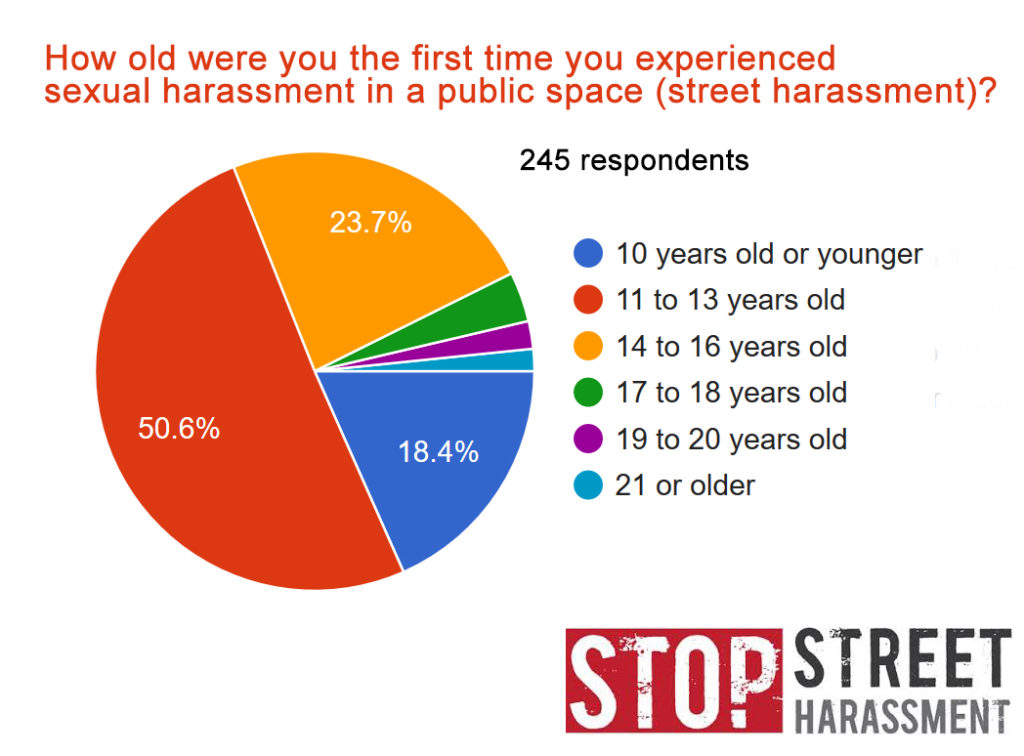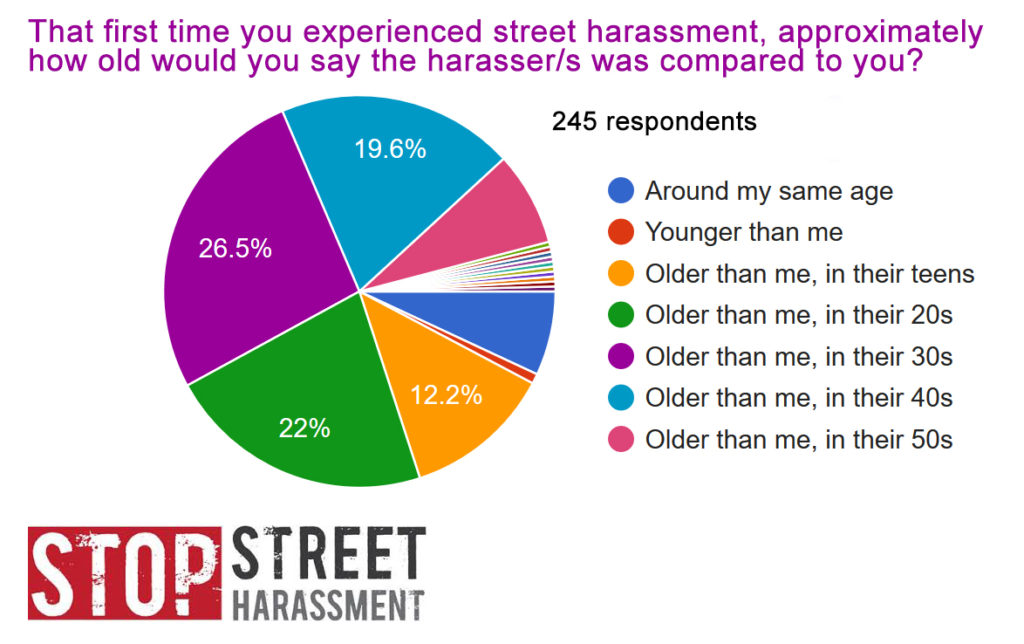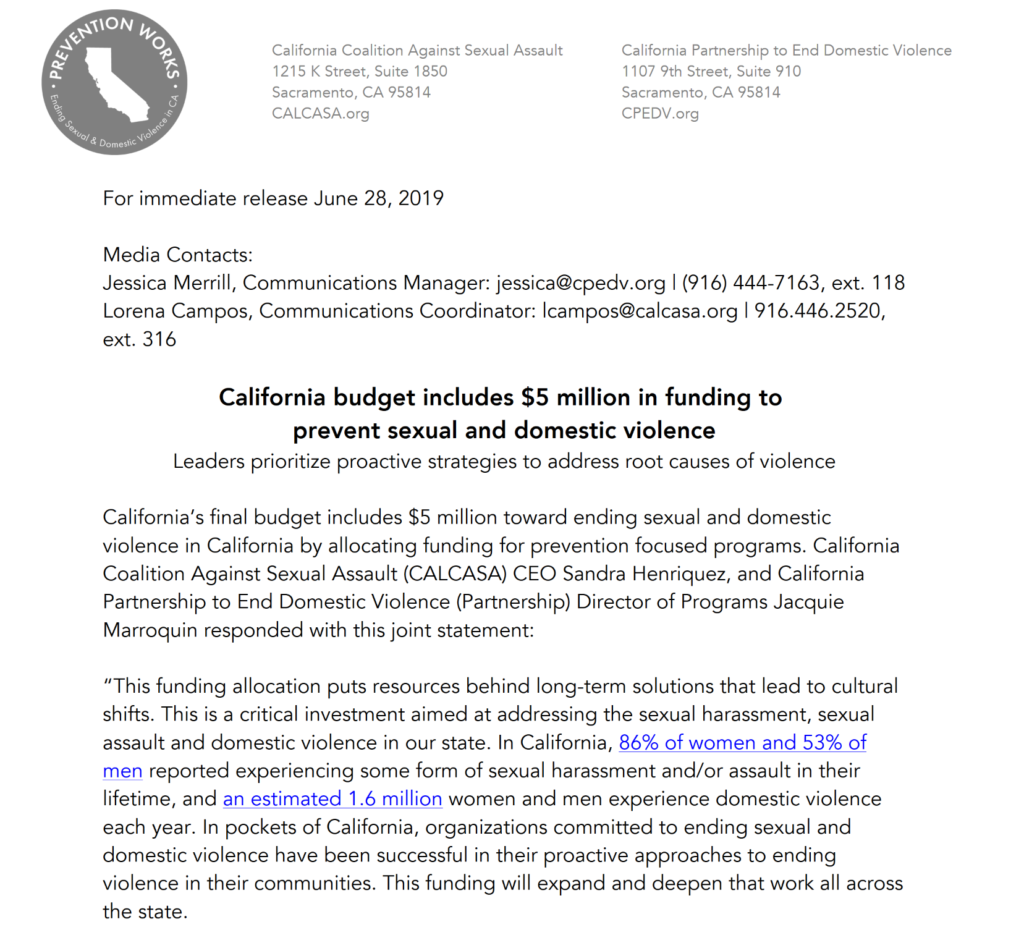He Killed Her For Ignoring His Advances
First, you haven’t heard from me in a while as my time away from my day-job has been focused on caring for my toddler while he’s been in and out of the hospital, facing repeat illnesses and requiring many doctor and specialist visits. I still try to post relevant news stories regularly on our Facebook page, and the free street harassment support hotline is still available 24/7 (and is what your donations can help continue to fund).
 But here I am writing to you today because this news story shook me — a 19-year-old honors college student named Ruth George was killed by a man in Chicago after she ignored his “catcalls” and verbal harassment. At the time, she was walking near campus to her car in a parking garage and, angry that she ignored him, he followed her, strangled her, raped her and left her dead in the backseat of her car.
But here I am writing to you today because this news story shook me — a 19-year-old honors college student named Ruth George was killed by a man in Chicago after she ignored his “catcalls” and verbal harassment. At the time, she was walking near campus to her car in a parking garage and, angry that she ignored him, he followed her, strangled her, raped her and left her dead in the backseat of her car.
The brutality of his actions are shocking. The normalcy of what she was doing when this occurred – just walking to her car from her campus – is scary. My heart goes out to her family and friends. This never should have happened.
Over the 13 years I’ve been researching and writing on this issue, I’ve read at least two dozen of these stories. Usually the man is mad the woman ignored him and he escalates to lethal violence. That similarity comes up over and over again. It makes me think — How many times have we all been told to ignore someone who was bullying or harassing us? It’s still pretty common advice even though obviously there is no guarantee that it will keep you safe — indeed instead research suggests that a calm, short, assertive response may be the best strategy.
What Ruth’s tragic story also makes clear is that telling people how to respond to their harassers will not end this problem. Instead, we need to focus on ending the systems, attitudes and culture that allows harassment and violence to occur in the first place. We need communities involved. We need to listen to the voices of those most affected, including girls and teenagers.
Recent Examples of What We Need:
1 – As a long-time runner whose faced countless incidents of harassment, I am proud to be part of the current November Runner’s World issue that focuses on what communities can do about stopping the harassment of runners. As announced in the issue, Runner’s World and Women’s Health have a new initiative to address this called Runners Alliance.
 2 – Many of the community tactics Runner’s World covers in this article are applicable to street harassment in general, including the efforts of organizations like Men Can Stop Rape and Collective Action for Safe Spaces (CASS).
2 – Many of the community tactics Runner’s World covers in this article are applicable to street harassment in general, including the efforts of organizations like Men Can Stop Rape and Collective Action for Safe Spaces (CASS).
3 – Here in Washington, DC, thanks to CASS and others, our city government is tackling this issue in a holistic way, with a city-wide survey and PSAs being two of the outcomes so far. Our transit agency is too, and our latest joint campaign that’s up on the system focuses on what witnesses of harassment can do.

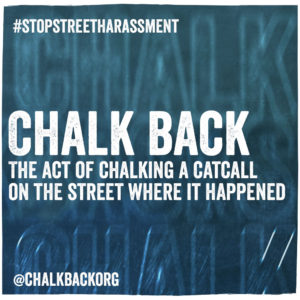 4 – Plan International is currently undertaking a Chalk Back for young women around the world to raise awareness about street harassment, as part of the current 16 Days of Activism Against Gender-Based Violence.
4 – Plan International is currently undertaking a Chalk Back for young women around the world to raise awareness about street harassment, as part of the current 16 Days of Activism Against Gender-Based Violence.
Additionally, of course, ideally we need lessons on sexual harassment and consent in schools and we need politicians/celebrities/public figures to treat women with respect and consent.
What will you do to advocate for and help create a safer community for all?
-Holly
Stop Street Harassment Founder & CEO
P.S. Please consider a tax deductible-donation to support our work.
Adult Men, Stop Harassing Girls!
Street harassment is a big problem in our country, especially for young women and girls. According to our nationally representative surveys, 71% of women have faced sexual harassment in public spaces, and most harassed women say their first incident of sexual harassment took place when they were a teenager or younger.
Twitter user @heterochromance asked women about their first street harassment experience a few days ago, and quickly her thread drew more than 6,000 comments. She specifically asked women about adult men catcalling them in light of multimillionaire financier Jeffrey Epstein being arrested on sex trafficking charges. His victims were as young as 14 years old.
Men like Epstein and singer R. Kelly, who was recently arrested for various charges of abusing women and girls, are not an anomaly for preying on girls. They may just be an anomaly for the extent to which they did so – and for how long they got away with it.
In the nearly 13 years that I have been researching, writing and speaking out about street harassment, I have noticed that this is a common theme when women recall their early experiences with street harassment. The perpetrators were not usually boys their own age, but instead, men. A few weeks ago, I created an online survey to investigate this. Here are the results, with a few points highlighted below.
Around 250 people took the online survey, and 94% identified as female. When asked about their age at the time of their first experience of street harassment, they were quite young. Almost 70% said they were 13 years old or younger. Another 24% percent said they were 14 to 16 years old.
When asked about the age of their harassers (nearly all of whom were identified as male), the age difference was alarming; 55% said the men were in their 30s or older. Specifically:
- 8% said the men were in their 50s
- 20% said the men were in their 40s
- 27% said the men were in their 30s
- 22% said the men were in their 20s
- 12% said the boys were in their teens, but older than them
- 7% said the boys were their same age
The remaining 4% of respondents said the harassers were either younger than them or older than 50s. Again, most girls were elementary or middle school age and nearly all of them were high school age or younger at the time.
Around 80% of respondents said this first incident of street harassment caused them to feel less safe in the world afterward, and 54% said it caused them to change their life in some way.
This is truly horrible and should be unacceptable in our society. We must end our culture of male privilege that allows adult men to prey on girls, often with impunity!!
Impacting a State Budget
Important Anti-Street Harassment Week Update – 2020 is FINAL Year
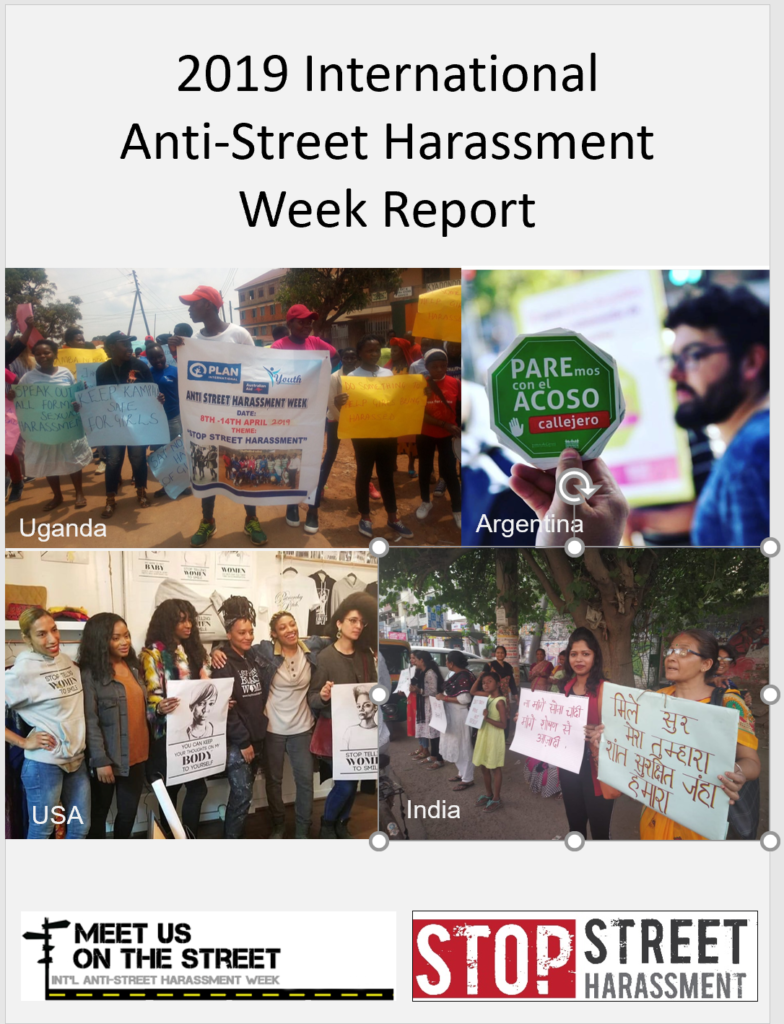 April marked the 9th year of International Anti-Street Harassment Week! Read the new wrap-up report and view the photos of actions that were taken in over 30 countries!
April marked the 9th year of International Anti-Street Harassment Week! Read the new wrap-up report and view the photos of actions that were taken in over 30 countries!
In 2011, when I decided we needed a dedicated time each year for groups and people across the world to speak out together against street harassment, I didn’t envision how many groups/people that would entail across the next nine years, or that entities like the UN, Oxfam and PLAN International and government agencies would join in. It’s breathtaking.
I also didn’t know how many hundreds of hours I’d spend to run the Week. This is the 9th year that I managed the Week unpaid, while simultaneously working a day job. This year, I also needed to parent a one-year-old with health issues who was about to have his 4th and 5th surgeries, so I couldn’t put as much time into it as I had in prior years (I am typing this at 6 a.m. on a Sunday while he sleeps). Last year, I was two weeks away from giving birth and very sick while overseeing it and so I also did less than in previous years. The year before that, I unexpectedly was in the midst of an IVF process and had an egg extraction on the last day of the Week — I was RT-ing and sharing people’s actions from the hospital room before I went under anesthesia.
I care about this issue so much that I’ve continued to organize and speak out even when I’ve had to juggle these huge, personal-life issues (and a day job).
Even before the personal challenges of recent years, each year I always feel so exhausted from preparing for and overseeing the Week that I think, “This is the last year I’m doing it.”
But, then, each year, I feel exhilarated by the amazing actions that have taken place and the solidarity and awareness-raising it inspires. I am in awe by the creativity of groups who are involved and the dedication to the issue exhibited by people worldwide. The positives of the Week have always outweighed the toll it takes on me and my life, so each year, I decide, “Okay, I can oversee it one more time.”
And I do.
This year, I’ve made a new decision. It truly is untenable for me to keep overseeing the Week indefinitely, especially unpaid, so the action in 2020 — which will be the 10th consecutive year of global action — will be the last. Ending International Anti-Street Harassment Week at a decade feels right, and I am so proud of all that we as a community have achieved across that time.
I hope you will mark your calendars for the final year of action – let’s close out the decade of global activism with a splash! Join us from April 19-25, 2020.
